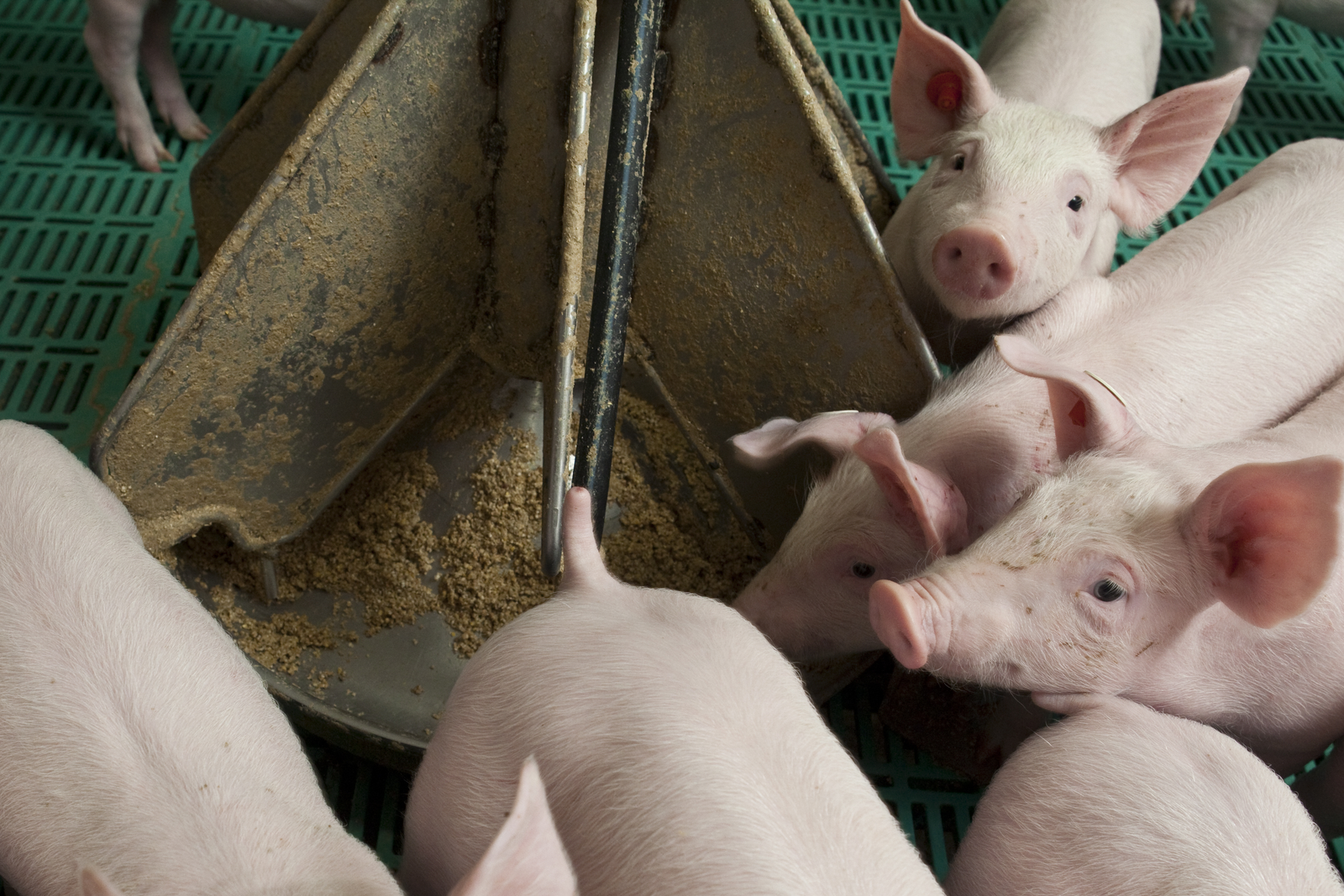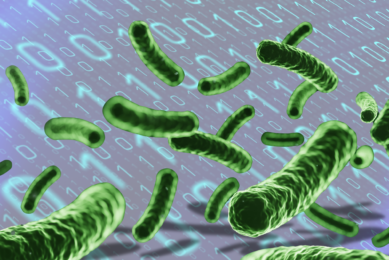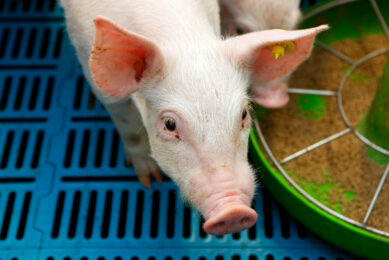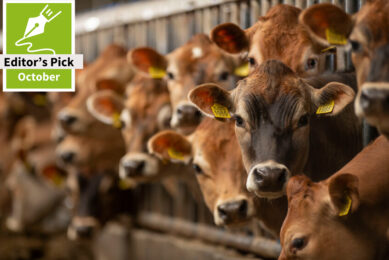New probiotic changes what we know about probiotic use in pelleted feed

Nutraferma, a leading innovator in biotech solutions for the feed ingredient industry, has introduced LactoPlan™, a ground-breaking heat-stable and shelf-stable Lactobacillus plantarum that can be pelleted into feed and maintain its high cell count after extended periods of storage.
“A Lactobacillus that can be pelleted into feed changes everything,” according to Nutraferma nutritionist Jason Sewell Ph. D., “this is a real breakthrough.” Lactobacillus species are a common lactic acid bacteria (LAB) that is found in the gastrointestinal tract (GIT) and work antagonistically toward pathogens while supporting nutrient utilization.
Supplementation in animal diets until now was not preferred since the instability of this bacterium posed a problem to its use as a component of pelleted feed. LactoPlan is different and able to withstand pelleting temperatures of 95-degree C, and can maintain guaranteed cell counts for up to one year of storage. “Until now the feed industry was limited to spore forming bacterium such as Bacillus,” said Eric Lohry, President of Nutraferma. “It was not until now that a stable enough bacterium was found that could survive the pelleting process. With LactoPlan, we are now able to utilize a Lactobacillus that can be included in pelleted feed,” said Lohry.
As a lactic-acid producing bacteria, LactoPlan, works antagonistically towards pathogens and creates an environment that supports a healthy balance of microflora. LAB have been shown to colonize in the mucous membranes within the gut. This restricts the ability of some pathogens to bond with that membrane. Live (viable) LAB also provide the benefits of lowered pH from increased lactic acid content in both the feed product and the animal’s GIT. Lowered pH helps to create an environment that promotes a healthy balance of microflora. “The lactic acid producing bacteria are considered superior probiotics and now because of LactoPlan they can be used in pelleted feed. This is truly a groundbreaking advancement in probiotics,” said Lohry.
The effects of LactoPlan on live performance during a short term broiler chicken E. Coli challenge model at Virginia Tech University. LactoPlan (at an inclusion rate of 0.1%) reduced mortality by 71% over challenged birds and 40% over birds on the antibiotic treatment. In overall mortalities, a 50% reduction over challenged birds and a 43% reduction was seen, when compared to the birds on the antibiotic treatment. “This indicates that an immune function is observed when our product is fed. Differences in feed conversion indicated that the challenge model was successful. Birds fed the product at 0.05% or 0.10% levels had significantly (< 0.05) reduced spleen weights compared to the birds in the negative control group", explains Sewell. The primary focus and study to date has been on the swine, poultry and turkey species but lactic acid producing bacteria have shown results in many species.
Further studies have been conducted on swine with positive results. “Numerous research studies have shown that the supplementation of a Lactobacillus DFM has been proven to have a beneficial impact on animal health” according to Sewell. “The microbes in LactoPlan are heat-stable and have the ability to be pelleted into feed without the loss of viable microbes.” Lactobacillus plantarum (GB-LP1) is unique when compared to conventional Lactobacillus strains. Lactobacillus plantarum (GB-LP1) is heat-stable and shelf-stable. As a result, Lactobacillus plantarum (GB-LP1) is capable of being pelleted into feed and maintains a high cell count after extended periods of storage.
Lactobacillus plantarum (GB-LP1) is not grown and then concentrated like other direct-fed microbial products on the market. Lactobacillus plantarum (GB-LP1) is fermented on a feed grain substrate; therefore, it tends to be heartier than those grown on artificial substrates. The microbe is acclimated to utilize nutrients that are commonly found in diets, giving it higher levels of activity, heat stability, and it retains the lactic acid and other metabolites created during fermentation. This particular Lactobacillus species was selected from extensive research by the Nutraferma research and development team.
LactoPlan is made by Nutraferma. Nutraferma is an innovative biotech solutions company that utilizes a cutting edge solid-state fermentation process. Having pioneered the development and use of large-scale solid-state aerobic fermentation, Nutraferma’s extensive research efforts have led to patented breakthroughs in the areas of direct-fed microbials, high-value proteins, state-of-the-art yeast products, bioactive peptides, and phytogenic additives. For more information, contact Nutraferma by calling +1-712-277-2011 or visiting www.nutraferma.com.











